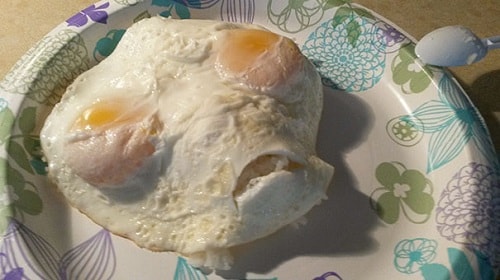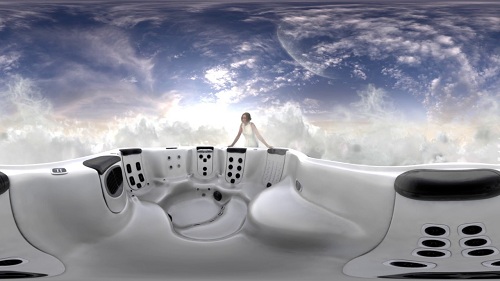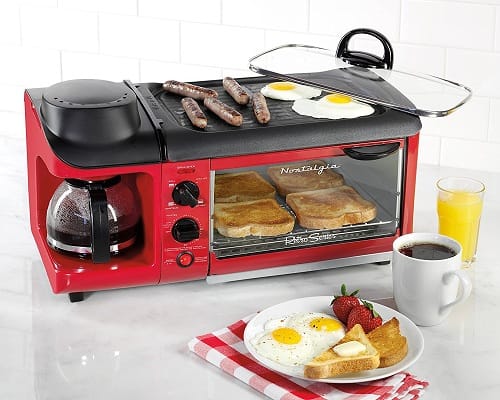Count me among the many fans of home automation. The idea of being able to control lights with voice commands or tie my smart lock and thermostat to a geofence is rather appealing. At the same time, I have legitimate concerns about data privacy. Therein lies the big trade-off with modern smart home technology.

Smart home devices do what they do by sending information to a cloud-based server for processing. The server then returns commands to do things like turn lights on and off. But do notbe fooled by the cloud concept. There is nothing mystical or magical about it. A cloud is nothing more than a dedicated space on a remote hard drive that could be located anywhere in the world.
Smart home manufacturers rely on cloud computing for the simple fact that there is a tremendous amount of data involved. Back when home automation first entered the digital realm, home computers did not possess the resources to do the job. So providers went to the cloud. And now that the cloud has been established, that is where they want to stay – even though most home computers can now manage the job.
They Collect Tons of Unnecessary Information
Cloud computing affords smart home providers the opportunity to collect tons of unnecessary information. That is exactly what they do. Companies like Google and Amazon continually collect data that helps them paint a complete picture of the consumer’s lifestyle inhabits. That information is sold to third parties for marketing purposes. Amazon even uses the data for its own marketing.
Here’s the thing: very little of that information is required to make a home automation system work. Home automation providers don’t need to know about your online shopping habits. They do not need to know your style preferences, the types of food you eat, how you spend your leisure time, and who your social media friends are. None of that information is relevant to making smart home devices work.
Not only is the collection of so much unnecessary data an invasion of privacy, it is also a security risk. Servers can be hacked. Databases can be leaked. Every bit of information stored in the cloud is potentially threatened by hackers who would use it for all sorts of nefarious purposes.
Some of the Data Is Useful
Fairness demands explaining that some of the data smart home providers collect is quite useful. Take Vivint Home Security. Some of their devices are capable of artificially learning a homeowner’s routine and then adjusting themselves accordingly. Yet this artificial learning is only possible through data collection and analysis.
For example, a variety of sensors around the home provide data for building a profile of a customer’s daily routine. The system can figure out when the homeowner typically leaves for work and arrives home at the end of the day. With this information, the system can then automatically adjust the thermostat.
We All Make Our Own Choices
There are both pros and cons to home automation providers collecting and storing so much data. In the end, we all need to make our own choices regarding home automation security and privacy. As for me, I am building my own smart home system using an open-source platform that keeps all my data local. My system doesn’tuse the cloud. It has no need to.
What I am doing requires a decent level of tech skill and knowledge. And since most people don’t possess it, they will participate in home automation by way of well-known brands like Google, Amazon, and Apple. They will have the data issue to contend with.





